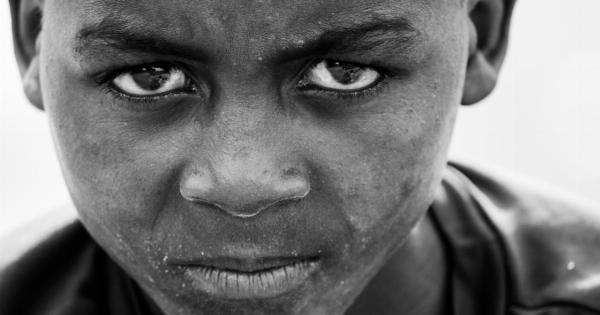Fifth disease, also known as erythema infectiosum, is a common childhood illness caused by the parvovirus B19. It gets its name from being the fifth of the six well-known childhood rash illnesses.
Fifth disease is usually a mild condition that primarily affects children between the ages of 5 and 15, but it can also occur in adults.
What Causes Fifth Disease?
Fifth disease is caused by the parvovirus B19, which is transmitted from person to person through respiratory secretions (such as saliva, coughing, and sneezing) or through blood. It is highly contagious in the early stages before the rash appears.
Once the rash appears, the individual is typically no longer contagious.
Symptoms of Fifth Disease
The symptoms of fifth disease typically begin with a low-grade fever, headache, and runny nose. These flu-like symptoms may last for a few days before the characteristic rash appears.
The rash usually starts on the cheeks and gives the child a “slapped cheek” appearance. After a few days, a lacy rash may also develop on the arms, legs, and trunk. Some children may experience joint pain and swelling, which is more common in adults. Most symptoms disappear within 2 weeks, but the rash may come and go for several weeks.
Complications of Fifth Disease
For the majority of otherwise healthy children, fifth disease is a mild illness that resolves on its own without complications. However, there are some potential complications to be aware of:.
1. Aplastic Crisis:
In individuals with certain types of anemia, particularly those with sickle cell disease or other chronic blood disorders, fifth disease can cause a temporary shutdown of the bone marrow.
This can result in a significant decrease in red blood cell production and can be life-threatening. Medical attention should be sought immediately if a child with a known blood disorder develops fifth disease.
2. Pregnancy Complications:
If a pregnant woman is infected with parvovirus B19, it can pose a risk to the unborn baby. The virus can cause severe anemia in the fetus, which may lead to fetal hydrops (abnormal accumulation of fluid) and even miscarriage.
Pregnant women who are exposed to fifth disease should seek medical advice immediately.
3. Joint Inflammation:
In some cases, fifth disease can cause joint pain and swelling, particularly in adults. This condition, known as infectious arthritis, usually resolves on its own within a few weeks. However, in rare instances, joint pain may be chronic.
When to Consult a Healthcare Provider?
If your child develops a rash with the characteristic “slapped cheek” appearance, it is a good idea to consult a healthcare provider.
While fifth disease is typically a mild illness, it is important to rule out other possible causes for the rash, especially if your child has an underlying health condition. Additionally, pregnant women who are exposed to fifth disease should contact their healthcare provider for further guidance.
Diagnosis and Treatment of Fifth Disease
Diagnosing fifth disease is usually based on the characteristic symptoms and appearance of the rash. In some cases, a blood test may be done to confirm the presence of parvovirus B19 antibodies.
Since fifth disease is a viral infection, antibiotics are not effective in treating the condition. Treatment generally focuses on relieving symptoms and providing comfort. Over-the-counter pain relievers can help with fever and joint pain.
It is important to keep the child well-hydrated and ensure they get plenty of rest. In most cases, home care is sufficient, and the illness resolves on its own within a couple of weeks.
Prevention of Fifth Disease
There is no vaccine available to prevent fifth disease, so the best approach is to practice good hygiene to reduce the risk of infection.
Encourage frequent handwashing, covering the mouth and nose when coughing or sneezing, and avoiding close contact with individuals who are known to have fifth disease. If your child does become infected, it is important to keep them home from school or daycare until they are no longer contagious.
Conclusion
Fifth disease is a common childhood illness caused by the parvovirus B19. For most children, it is a mild condition that resolves on its own without complications.
However, it is important to be aware of the potential complications and when to seek medical attention. Pregnant women and individuals with certain underlying health conditions should take extra precautions if exposed to fifth disease.
By practicing good hygiene and avoiding close contact with infected individuals, the risk of transmission can be reduced.


























